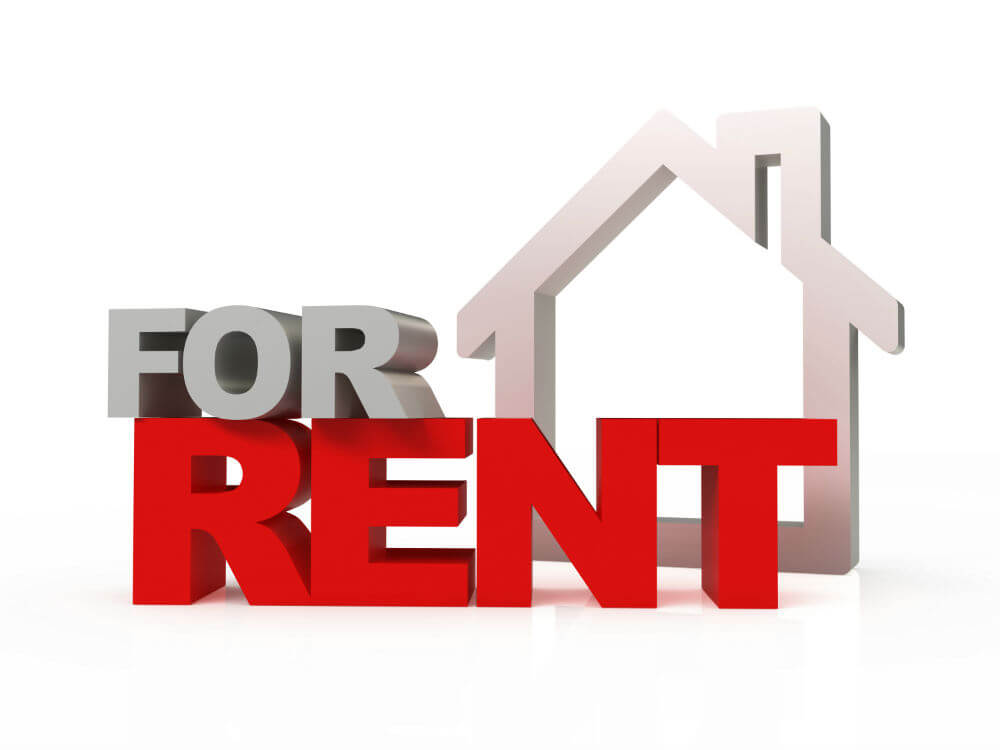What do you mean cash flow positive?
First rule of real estate investment: it must be cash flow positive. Second rule of real estate investment: define cash flow positive.
Advertisement
First rule of real estate investment: it must be cash flow positive. Second rule of real estate investment: define cash flow positive.

Share this article Share on Facebook Share on Twitter Share on Linkedin Share on Reddit Share on Email